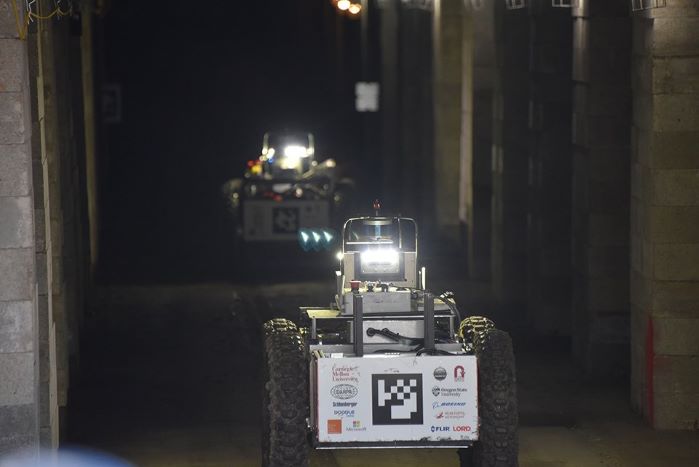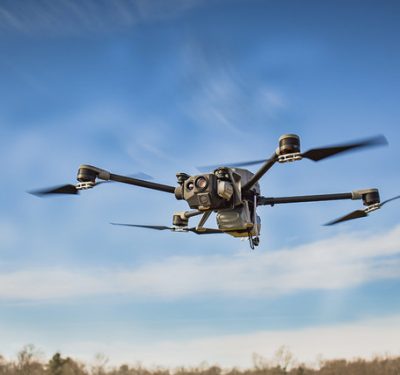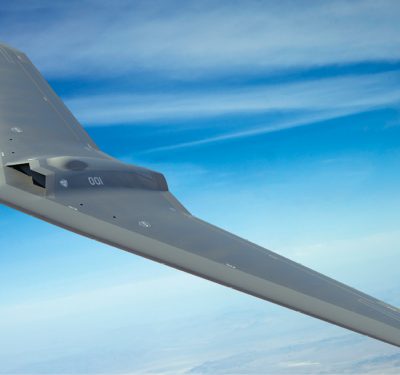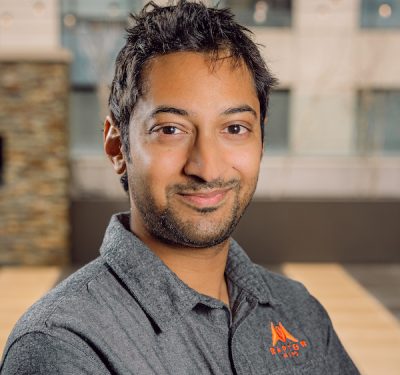Eight teams have qualified for the DARPA Subterranean (SubT) Challenge Systems Competition Final Event. On September 21-23, 2021, the teams’ robots will have to quickly navigate unfamiliar underground environments at the Louisville Mega Cavern in search of common items including backpacks, cell phones, trapped survivors, and even invisible gas.
“Complex underground settings present significant challenges for military and civilian first responders,” explains DARPA Program Manager Timothy Chung. “The DARPA SubT Challenge is looking for novel approaches to rapidly map, navigate, and search underground environments during time-sensitive combat operations or disaster response scenarios.”

DARPA Subterranean
Both DARPA-funded and self-funded teams have an equal chance to win prize money in the Final Event. The SubT Challenge has held three preliminary events over the past two years: Tunnel, Urban, and Cave Circuits. The Final Event will include elements of all three subdomains.
The SubT Challenge is run by DARPA’s Tactical Technology Office (TTO) in order to uncover innovative solutions to life-threatening, real-world impediments. Those who find and identify the most items will win prizes of $2 million for 1st place, $1 million for 2nd place, and $500,000 for 3rd place.
Chung adds that the project has already achieved success. “Multimodal sensing developed through collaboration of robots during this project has increased the probability of correctly identifying important targets in real life,” says Chung. “The SubT Challenge is pushing researchers and startups to move to greater autonomy and has led to huge leaps in capability within subterranean environments while allowing learning from failure in non-critical situations.”
The teams that qualified for the Systems Competition at the SubT Challenge Final Event are:
- CERBERUS: CollaborativE walking & flying RoBots for autonomous ExploRation in Underground Settings (DARPA-funded)
- University of Nevada, Reno
- ETH Zurich, Switzerland
- University of California, Berkeley
- Sierra Nevada Corporation
- Flyability, Switzerland
- Oxford Robotics Institute, England
- Norwegian University for Science and Technology (NTNU), Norway
- Coordinated Robotics
- Coordinated Robotics
- California State University, Channel Islands
- Oke Onwuka
- Sequoia Middle School, Newbury Park, California
- CoSTAR: Collaborative SubTerranean Autonomous Resilient Robots (DARPA-funded)
- Jet Propulsion Laboratory
- California Institute of Technology
- Massachusetts Institute of Technology
- KAIST, South Korea
- Lulea University of Technology, Sweden
- CSIRO Data61 (DARPA-funded)
- Commonwealth Scientific and Industrial Research Organisation, Australia
- Emesent, Australia
- Georgia Institute of Technology
- CTU-CRAS-NORLAB: Czech Technical University – Center for Robotics and Autonomous Systems – Northern Robotics Laboratory (DARPA-funded)
- Czech Technical University in Prague, Czech Republic
- Université Laval, Canada
- Explorer (DARPA-funded)
- Carnegie Mellon University
- Oregon State University
- MARBLE: Multi-agent Autonomy with Radar-Based Localization for Exploration (DARPA-funded)
- University of Colorado, Boulder
- University of Colorado, Denver
- Scientific Systems Company, Inc.
- University of California, Santa Cruz
- Robotika
- Robotika International, Czech Republic and United States
- Robotika.cz, Czech Republic
- Czech University of Life Science, Czech Republic
- Centre for Field Robotics, Czech Republic
- Cogito Team, Switzerland
In addition to the Systems Competition involving physical robots, there will be a Virtual Competition Final Event.






